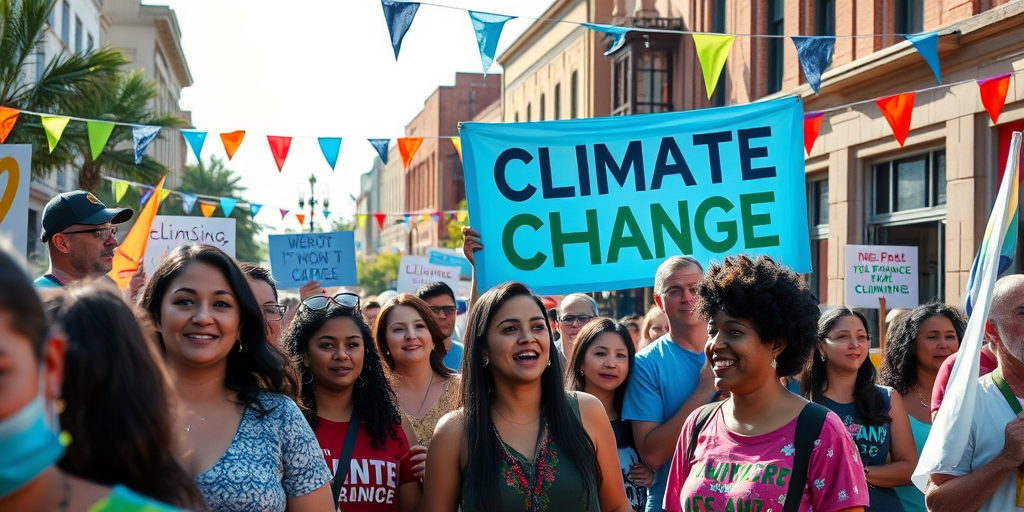Raising Awareness for Organ Donation in the Rio Grande Valley
Amidst the rapid technological advancements and enhanced web experiences in the digital realm, an intriguing topic emerges with profound relevance to both online users and the Rio Grande Valley (RGV) community: the importance of organ donation. While enabling JavaScript and cookies in web browsers remains crucial for seamless website interaction, an analogous necessity arises in real life where awareness and participation in organ donation can significantly enhance the quality and longevity of lives.
Understanding the Technical Parallel
Much like enabling JavaScript and cookies facilitates optimal website functionality and user satisfaction, a community’s engagement in organ donation programs can lead to improved health outcomes and life-saving opportunities. JavaScript, a dynamic scripting language, can be compared to the process of education and awareness surrounding organ donation that brings life to an otherwise static understanding. Cookies, storing user preferences and activity data, emphasize the long-term commitment and impact needed when someone chooses to become an organ donor.
In the digital space, users are often met with autogenerated messages urging them to enable these settings for a better experience. Similarly, the call to action in the RGV for organ donation resonates strongly, where local health organizations are prompting residents to consider the benefits and responsibilities of donating vital organs.
The Urgent Need for Organ Donation Awareness in the RGV
The Rio Grande Valley, a culturally rich and diverse area in South Texas, faces distinct health challenges that could be alleviated with increased organ donation rates. According to local medical experts, the RGV experiences a higher prevalence of diabetes and related kidney ailments, which amplifies the demand for kidney transplants. Dr. Elena Rodriguez, a nephrologist at Valley Baptist Medical Center, emphasizes the urgency of raising awareness: “The Valley’s unique demographic and health profile makes it imperative that we encourage more people to register as organ donors. Each donor can save multiple lives or greatly enhance the quality of life for recipients.”
Local Impact and Community Response
In the Rio Grande Valley, traditional values and close-knit family structures play a crucial role in shaping attitudes towards organ donation. While some residents have readily embraced the concept, others express reservations rooted in cultural perceptions. Maria Alvarez, a community advocate, shares insights: “There’s a sacredness in our community when it comes to bodies and organs after death. However, with education and dialogue, we’re witnessing a gradual shift. People are beginning to see organ donation as a generous legacy rather than a loss.”
Efforts to bridge these cultural nuances involve local health organizations and community leaders working hand-in-hand to disseminate accurate information and dispel myths. Educational workshops, often hosted by local churches and community centers, are essential in fostering open discussions around the topic. Ricardo Santiago, a local pastor, asserts, “Addressing misconceptions and aligning organ donation with spiritual and cultural values is key to gaining the trust of our community.”
Connecting the Dots: Historical Context and Previous Initiatives
Historically, the RGV has engaged in multiple health awareness campaigns. From diabetes prevention to vaccination drives, community health initiatives have addressed prevalent local issues with varying degrees of success. The ongoing organ donation campaign taps into this framework, drawing lessons from previous initiatives to strategize effectively.
Past collaborations between health care facilities, public figures, and grassroots organizations offer valuable insights into mobilizing community resources and capturing the Valley residents’ interest. The participation of local influencers and testimonials from organ transplant recipients within the community provide authentic narratives that resonate on a personal level.
Prospective Changes and Continuing the Momentum
As awareness of organ donation grows, tangible changes are anticipated within the health landscape of the Rio Grande Valley. Increased donor registration not only reduces waiting times for transplant recipients but also contributes to more sustainable healthcare infrastructures in the long run.
The potential for a wider cultural shift is promising, yet maintaining momentum requires continuous advocacy and updated resources. Schools and colleges in the area are joining the movement by incorporating organ donation education into their health curricula, preparing future generations to make informed decisions about their legacy.
Resources for RGV Residents
For residents interested in learning more about organ donation or becoming a donor, several local resources are readily available. The South Texas Health System and local hospitals offer informative sessions and counseling for those considering donation. Additionally, online registration through official portals such as Donate Life Texas allows Valley residents to sign up quickly and securely.
In conclusion, while the technical necessity of enabling JavaScript and cookies in browsers ensures productive digital interactions, the parallel call for organ donation awareness in the Rio Grande Valley echoes a deeper need for life-enhancing contributions. As the community listens, learns, and acts upon this vital matter, the future promises better health outcomes and a strengthened community spirit closely tied to the values of giving, hope, and enduring impact.







